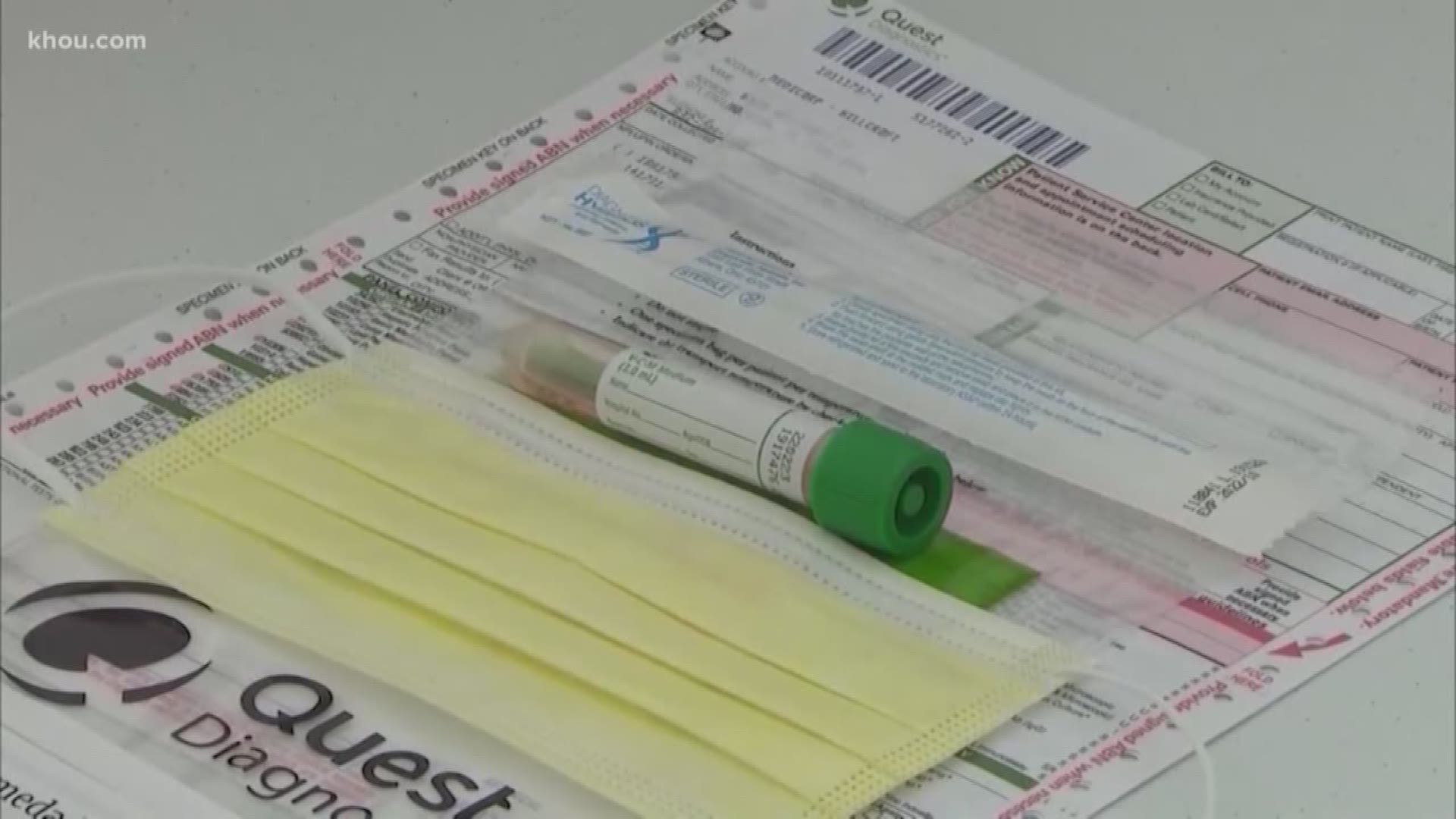It's a flip that could save a COVID-19 patient's life, doctors are saying.
CNN's Elizabeth Cohen reports many doctors are finding that placing the sickest coronavirus patients on their stomachs can help increase the amount of oxygen getting to the lungs.
Putting a patient on their stomach's is called "prone positioning," reported Cohen.
“We’re saving lives with this, one hundred percent,” Dr. Mangala Narasimhan, the regional director for critical care at Northwell Health, told CNN. “It’s such a simple thing to do, and we’ve seen remarkable improvement. We can see it for every single patient.”
“Once you see it work, you want to do it more, and you see it work almost immediately,” said Dr. Kathryn Hibbert, of Massachusetts General Hospital.
CNN reported the method isn't new, however. Several years ago doctors in France published an article on how prone positioning was helping certain flu and pneumonia patients who also had trouble breathing.
Now doctors are trying it on COVID-19 patients, and "it's paying off," reported Cohen.
Coronavirus symptoms
The symptoms of coronavirus can be similar to the flu or a bad cold. Symptoms include a fever, cough and shortness of breath, according to the Centers for Disease Control. Some patients also have nausea, body aches, headaches and stomach issues. Losing your sense of taste and/or smell can also be an early warning sign.
Most healthy people will have mild symptoms. A study of more than 72,000 patients by the Centers for Disease Control in China showed 80 percent of the cases there were mild.
But infections can cause pneumonia, severe acute respiratory syndrome, kidney failure and even death, according to the World Health Organization. Older people with underlying health conditions are most at risk for becoming seriously ill. However, U.S. experts are seeing a significant number of younger people being hospitalized, including some in ICU.
The CDC believes symptoms may appear anywhere from two to 14 days after being exposed.
Human coronaviruses are usually spread through...
- The air by coughing or sneezing
- Close personal contact, such as touching or shaking hands
- Touching an object or surface with the virus on it, then touching your mouth, nose or eyes before washing your hands.
Help stop the spread of coronavirus
- Stay home when you are sick.
- Eat and sleep separately from your family members
- Use different utensils and dishes
- Cover your cough or sneeze with your arm, not your hand.
- If you use a tissue, throw it in the trash.
- Follow social distancing
Lower your risk
- Wash your hands often with soap and water for at least 20 seconds. If soap and water are not available, use an alcohol-based hand sanitizer.
- Avoid touching your eyes, nose, and mouth with unwashed hands.
- Avoid close contact with people who are sick.
- Clean and disinfect frequently touched objects and surfaces.
- If you are 60 or over and have an underlying health condition such as cardiovascular disease, diabetes or respiratory illnesses like asthma or COPD, the World Health Organization advises you to try to avoid crowds or places where you might interact with people who are sick.
Get complete coverage of the coronavirus by texting 'FACTS' to 713-526-1111.

